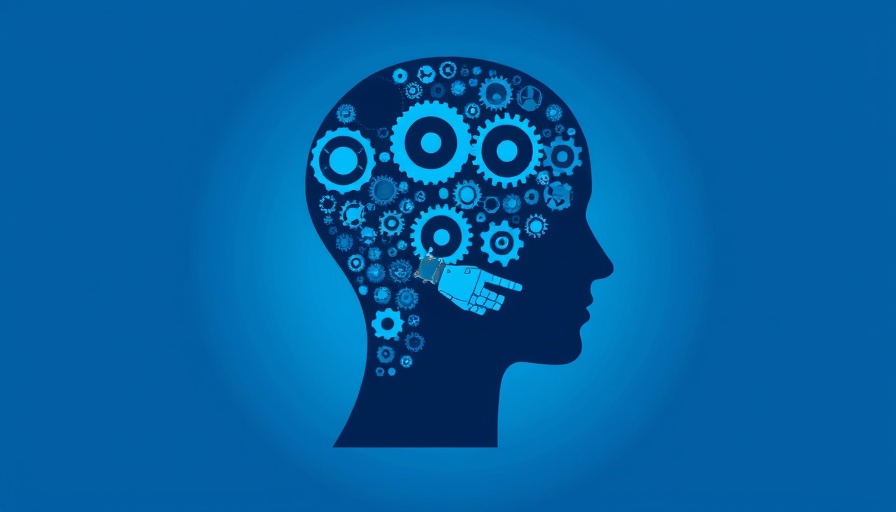
The Rise of AI Giants: A Game Changer for Hollywood
The landscape of Hollywood is on the brink of a pivotal shift, as emerging AI companies like OpenAI and Anthropic challenge longstanding tech giants such as Apple and Google. While the film and television industry has weathered numerous storms, the rise of generative AI presents a unique set of challenges and opportunities. With massive valuations — OpenAI at an astonishing $500 billion and Anthropic at $183 billion — these AI firms are making a mark that could change not only the way content is created but also who owns it.
Why Dealmaking Is Set To Explode
The pressure to adapt to this new AI reality has intensified in the entertainment sector. Tech companies, which increasingly rely on content for training their AI systems, may be more inclined to acquire Hollywood production houses with extensive catalogs. As streaming platforms continue to redefine content consumption and ownership, traditional media giants like Warner Bros. Discovery and NBCUniversal are shrinking their linear cable operations in response. This creates a landscape where consolidation could lead to significant acquisitions, making media companies more enticing for tech firms looking to establish their presence in entertainment.
The Broader Impact on Content Creation
As generative AI becomes integral to the filmmaking process, the creative dynamics in Hollywood are set for a transformation. AI technologies can streamline production routines and enhance storytelling through data-driven insights. However, this merging of technology with creativity raises significant questions. What does it mean to be an artist in an AI-enhanced world, and how will the industry balance human creativity with the efficiency of machines?
Economic Implications: Boost or Disruption?
Experts are tapping into the economic ramifications of the AI boom. Wall Street is optimistic that this surge in AI innovation will usher in the next economic wave that revolutionizes productivity across sectors, including media and entertainment. Unlike previous tech fads, such as NFTs and cryptocurrencies, AI promises a concrete business proposition that can deliver tangible benefits. For Hollywood, it could mean not just changes in how films are made, but also in who retains the financial benefits of AI-enhanced storytelling.
Future Predictions: Who Will Thrive?
The implications of this shift are far-reaching. As companies like Paramount eye acquisitions of TV and film assets to better position themselves against AI competitors, the question remains: which industry players will adapt and thrive in an AI-dominated market? Those that integrate AI capabilities into their business models may find new opportunities for engagement, while others could struggle to keep pace with a rapidly evolving technological landscape.
Common Misconceptions About AI in Hollywood
Despite the excitement surrounding AI, many misconceptions persist about its role in Hollywood. Some fear that AI will replace human roles entirely; however, experts suggest that the software will augment existing processes rather than eliminate them. Understanding this relationship is crucial for future industry leaders looking to harness AI's potential without sacrificing the core creativity that defines Hollywood.
Next Steps for Industry Professionals
For creatives and executives alike, staying informed about AI developments is essential. Engaging with the latest technologies and understanding their implications can provide invaluable insights for future projects. Participating in conferences, workshops, and forums focused on industry innovations can equip professionals with the knowledge they need to navigate this transition effectively.
The collaborative effort between AI developers and the entertainment industry could lead to unprecedented storytelling possibilities. For now, Hollywood stands at the crossroads of tradition and innovation, ready to write its next exciting chapter.
 Add Row
Add Row  Add
Add 




Write A Comment